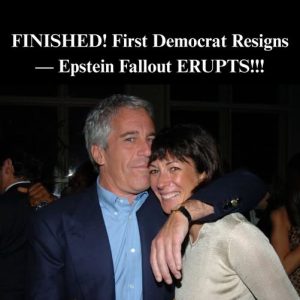California Senator Adam Schiff is facing widespread criticism following remarks he made shortly after a national tragedy. Critics have accused him of politicizing the moment, using the situation to promote partisan issues rather than focusing on the emotional gravity of the event. His comments sparked immediate backlash from both political opponents and grieving communities.
In his statement, Schiff tied the tragedy to ongoing congressional budget disputes, emphasizing the risks of a potential government shutdown. He warned that without a spending agreement, vital services could be affected, including healthcare programs, CDC staffing, and support for veterans. Schiff specifically pointed out the possible rise in health insurance premiums if cuts to the Affordable Care Act were enacted.
Schiff also raised alarms about what he described as a growing threat to democratic institutions. He referred to attacks on universities, media outlets, and law firms as signs of a “dangerous road to dictatorship.” These remarks were seen by many as overly political, particularly during a time of national mourning, and sparked accusations of insensitivity.
Supporters of the late activist who had recently passed felt Schiff’s comments detracted from the importance of honoring the individual. Rather than focusing on the life and legacy of the deceased, critics argue Schiff redirected attention toward partisan policy battles. This shift in focus left many feeling frustrated and disrespected.
Schiff defended his remarks by framing them as a necessary warning about governance and public policy. However, the timing was widely viewed as poorly chosen. Even some of his allies suggested the senator could have waited before launching into a broader political critique.
The controversy reflects deeper tensions in American politics, where the line between public policy and public mourning is often blurred. Schiff’s comments continue to stir debate, underscoring the difficult balance elected officials must strike between leadership and compassion during times of national grief.





